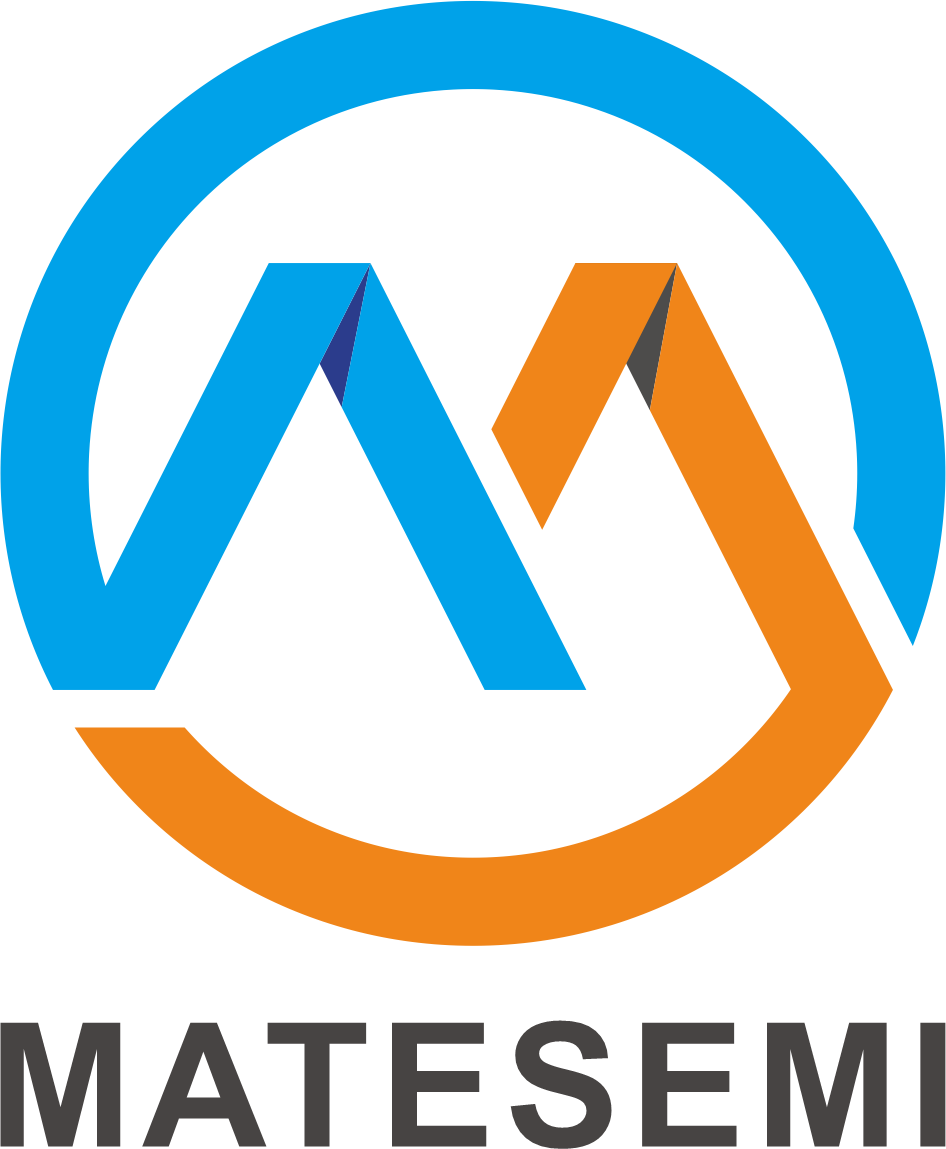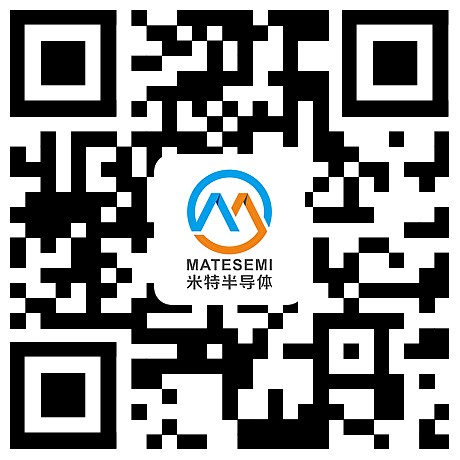Following Nvidia and Intel, AMD will also launch a special version of AI chips in China
Time : 2023-08-04
On August 3, according to CNBC, in order to comply with the export restrictions of AI chips to China introduced by the United States in October last year, Nvidia and Intel have developed a China-specific AI chip that meets the regulations, and now the latest information shows that AMD will also launch a China-specific AI chip.
AMD CEO Su Zifeng said at the earnings conference that China is an important market, and when considering entering the Chinese AI accelerator market, the company will also comply with the US export control regulations, so it will continue to develop AI solution products for Chinese customers in this direction.
On October 7 last year, the United States introduced new restrictions on semiconductor exports to China, including export restrictions on high-performance computing chips to the Chinese mainland. And Nvidia's A100 chip performance indicators as a limiting standard. That is, the HPC chip that meets the following two conditions at the same time is a regulated HPC chip: (1) The chip's I/O bandwidth transmission rate is greater than or equal to 600 Gbyte/s; (2) The sum of the bit length of each operation of the "digital processing unit original computing unit" multiplied by the computing power calculated by TOPS is greater than or equal to 4800TOPS. This also makes NVIDIA A100/H100 series and AMD MI200/300 series AI chips impossible to export to China.
Subsequently, in order to comply with the United States restrictions at the same time, but also to meet the needs of Chinese customers AI chips, Nvidia announced on November 8 that it will be launched for the Chinese market in line with the new regulations of the United States A100 replacement product A800, and will be put into production in the third quarter of this year. From the official parameters, the A800 mainly reduces the NVLink transmission rate from 600GB/s to 400GB/s, and other parameters are basically the same as the A100. Then, after the latest generation of the H100 was released in March this year, Nvidia also announced that it would launch a China-specific version of the H800 for the Chinese market in line with the new U.S. regulations. According to reports, the H800 can transfer data between chips at half the speed of the H100.
Intel's new generation of high-performance deep learning AI-trained processors, released in May 2022, are manufactured using a 7nm process and feature 24 programmable Tensor processor cores (TPCs), 96GB of HBM2e memory and 24 100GbE ports. According to the performance comparison data shown by Intel, Habana Gaudi2 in the RestNet50 Training Throughput and BERT Tralning Throughput and other video and natural language processing model tests, The performance is about twice that of the NVIDIA A100. However, the chip's sales to China have also been affected by the new U.S. regulations. In this regard, on July 11 this year, Intel also launched a customized version of Gaudi2 for the Chinese market, which can provide Chinese users with a new option to accelerate AI training and reasoning while complying with the law.
In June this year, AMD also launched a new generation of AI acceleration chips for AI and HPC fields - the Instinct MI 300 series. Among them, the MI300X is currently the world's strongest generative AI accelerator, integrating up to 153 billion transistors and supporting up to 192 GB of HBM3 memory, a number of specifications beyond NVIDIA's recently released H100 chip, It brings new options to the generative AI chip market, which is currently trapped in Nvidia's monopoly and tight supply. At present, the MI300 is stepping up mass production, and the MI300X will also be produced in four seasons. But AMD's MI300 series is also subject to new regulations in the United States.

For many American chipmakers, China is still a lucrative market, especially in the field of cloud AI, Nvidia almost monopolizes the entire market, and AMD wants to capture more market share through the MI300 must enter the Chinese market. Therefore, it is not surprising that AMD plans to launch a special version of the "MI300" series for the Chinese market.
Su Zifeng previously said that AMD's data center business in the second half of the year is expected to grow by about 50% compared with the first half of the year, which in part needs the help of its new generation of MI300 series AI chips.


